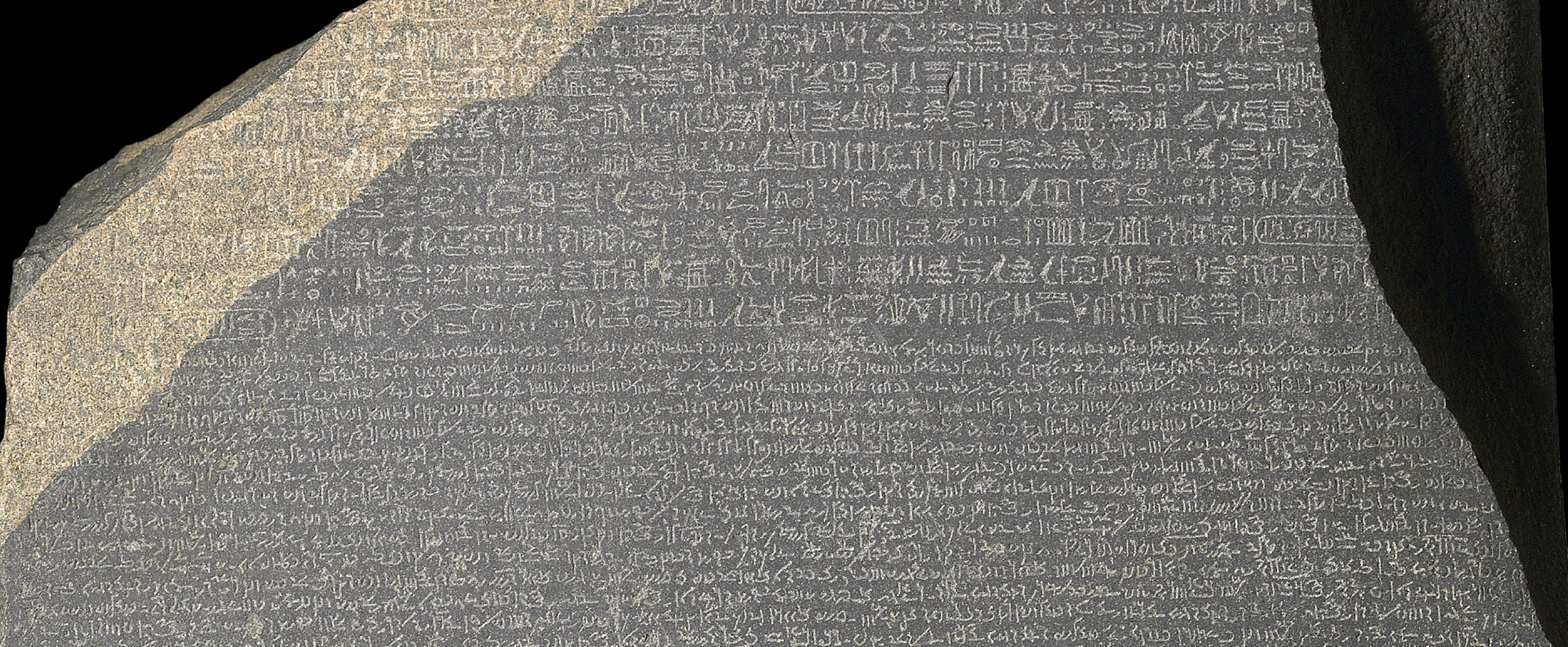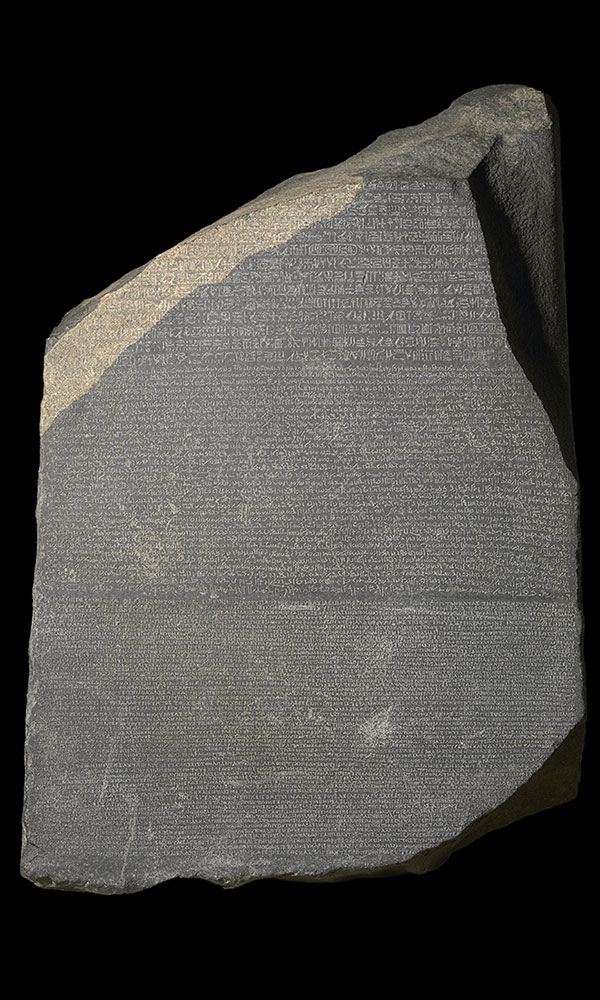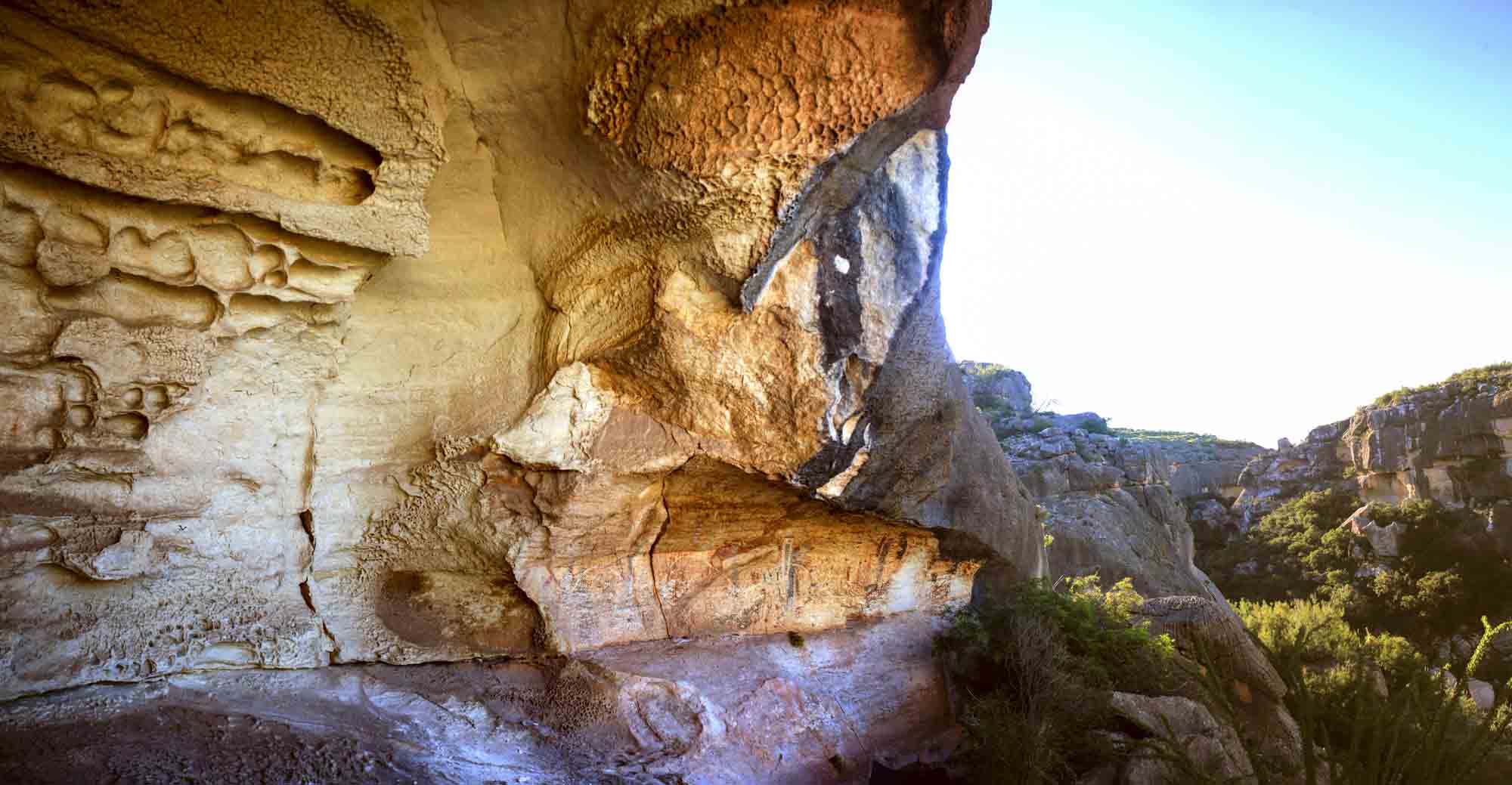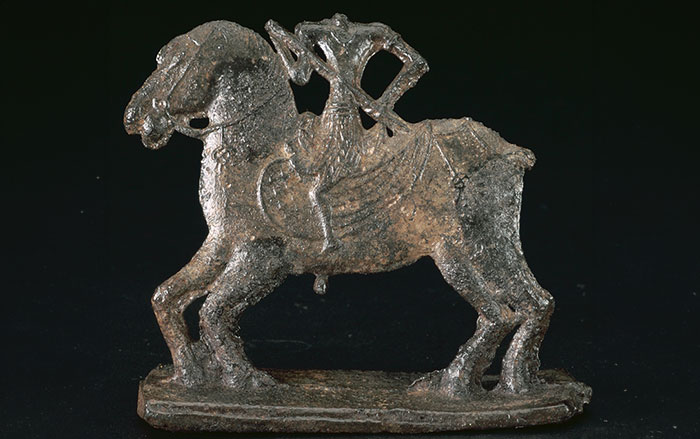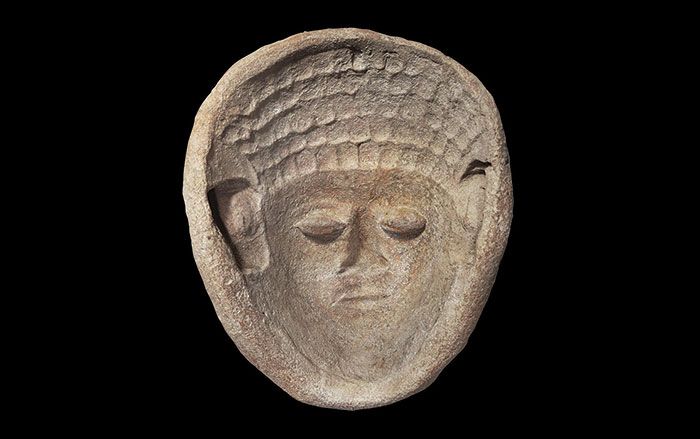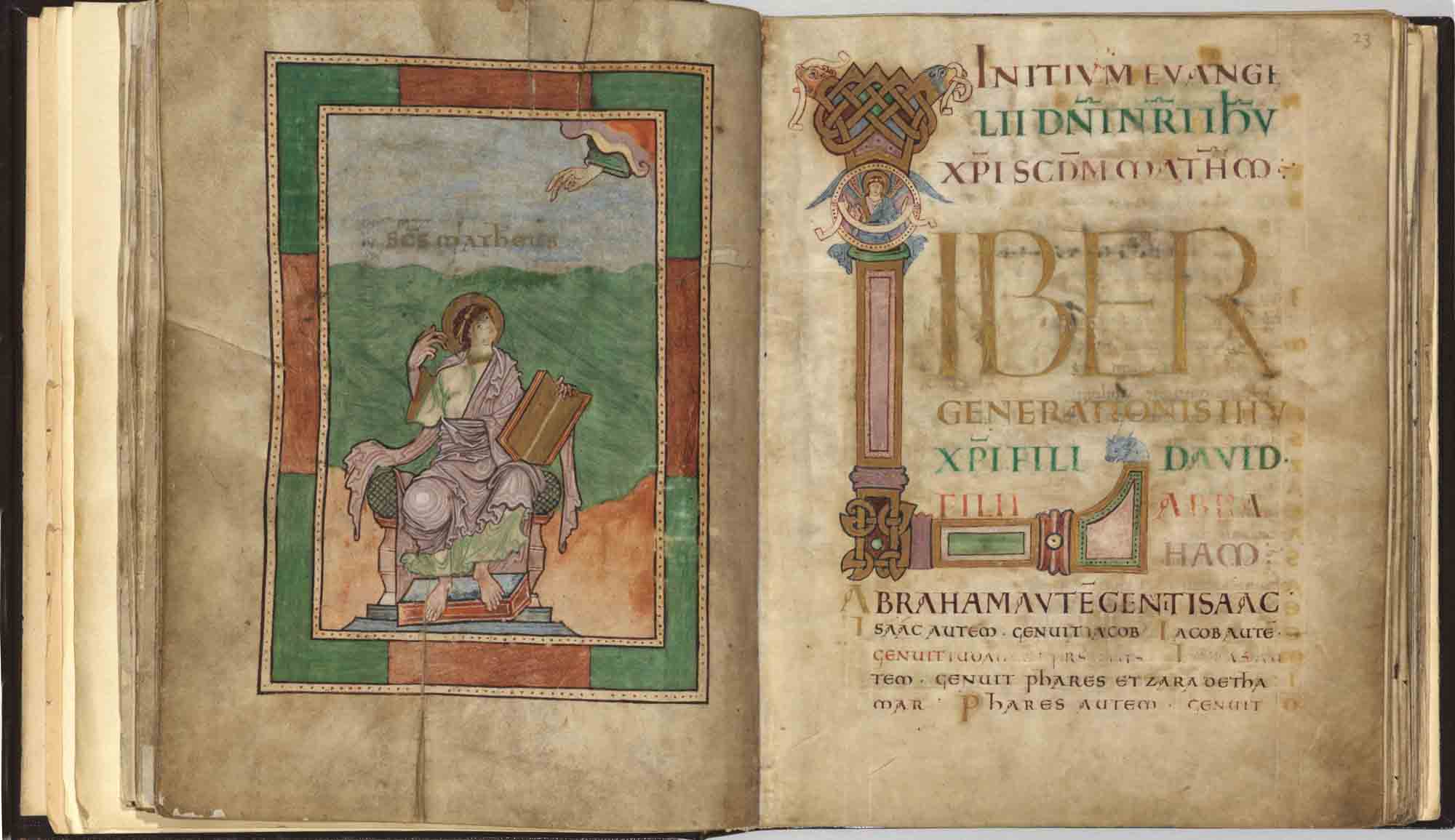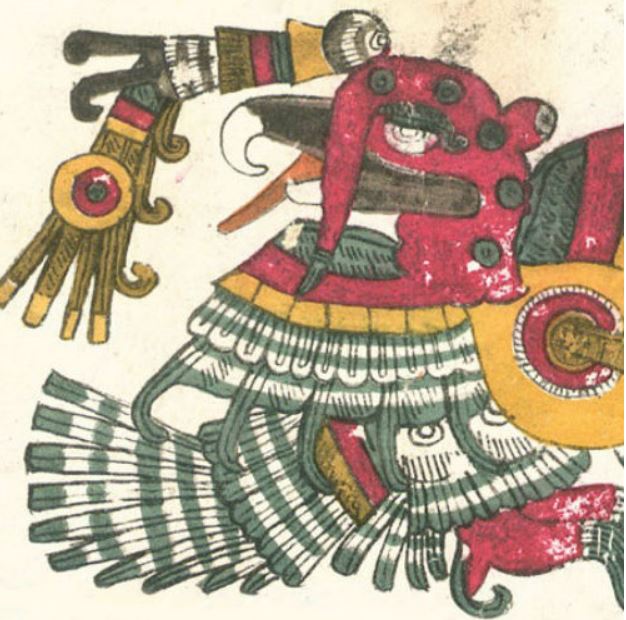
YORK, ENGLAND—An international team of researchers suggests turkeys were not domesticated in Mexico as a food source, but to fulfill a symbolic and cultural role, according to a report in the International Business Times. Aurélie Manin of the University of York and her colleagues analyzed the remains of 55 turkeys that lived in Mesoamerica between 300 B.C. and A.D. 1500. They found that modern European domesticated turkeys are descended from Mexican ancestors. But, ancient turkey bones are rarely found amid domestic garbage at archaeological sites in Mesoamerica. Instead, the bones are usually found buried in temples and in human graves, and do not bear any marks suggesting the birds had been eaten. And, some of the bones came from birds found outside their natural range, which suggests Mesoamericans may have traded live birds. Manin also said turkeys were often depicted as gods or used as symbols in Mesoamerican iconography. A study of the carbon isotope ratios in the turkey bones suggests that one type of turkey was likely to have been domesticated and fed a diet of grains like corn from cultivated crops, while another, more ornate wild type, remained free to eat bugs and wild plants. For more, go to “The Rabbit Farms of Teotihuacán.”






